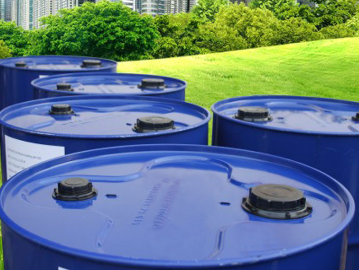
Polyether amines are a class of polymeric materials that are commonly used as curing agents for epoxy resins, as well as in other applications such as adhesives, sealants, and coatings. The molecular structure of polyether amines plays a significant role in determining their performance characteristics, including their curing speed, mechanical properties, chemical resistance, and adhesion properties.
One of the key features of polyether amines is their unique chemical structure, which consists of a central amine group attached to multiple ether linkages. The presence of ether linkages in the polymer backbone imparts flexibility and low viscosity to the material, allowing for easy mixing with epoxy resins and other reactive compounds. This flexibility also helps improve the adhesion of polyether amines to substrates, as the polymer chains can conform to the surface irregularities of the substrate.
The amine groups in polyether amines are reactive sites that play a crucial role in the curing process of epoxy resins. Upon mixing with epoxy resins, the amine groups undergo a series of chemical reactions to form crosslinked networks, which give the cured material its desirable properties such as high strength, toughness, and thermal stability. The number and distribution of amine groups in the polymer chains can significantly impact the curing speed and extent of crosslinking, leading to variations in the final properties of the cured material.
The molecular weight of polyether amines also influences their performance characteristics. Higher molecular weight polyether amines tend to have slower curing speeds and lower viscosity, which can be advantageous for applications requiring longer pot life and improved flow properties. On the other hand, lower molecular weight polyether amines cure faster and generate higher crosslink densities, resulting in materials with superior mechanical properties and chemical resistance.
The chemical composition of polyether amines can be modified by varying the type and proportion of monomers used in their synthesis. For example, the incorporation of hydrophobic or polar groups into the polymer chains can influence the adhesion properties of the material to specific substrates, while the introduction of branching or crosslinking sites can enhance the mechanical strength and thermal stability of the cured material.
In summary, the molecular structure of polyether amines has a significant impact on their performance in various applications. By carefully designing the chemical composition, molecular weight, and architecture of these polymers, it is possible to tailor their properties to meet specific requirements for different formulations and end-use applications.